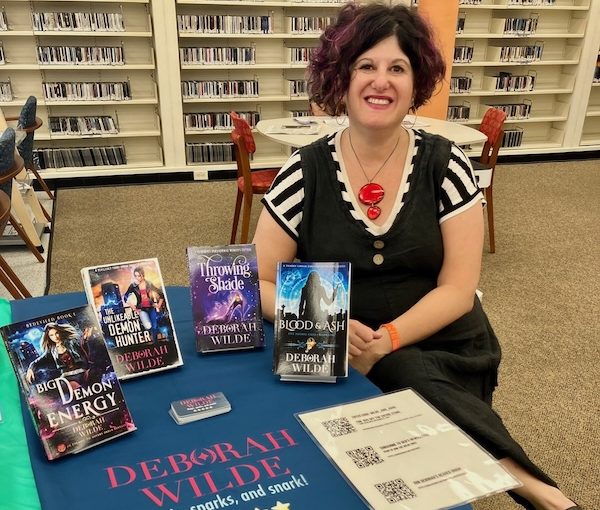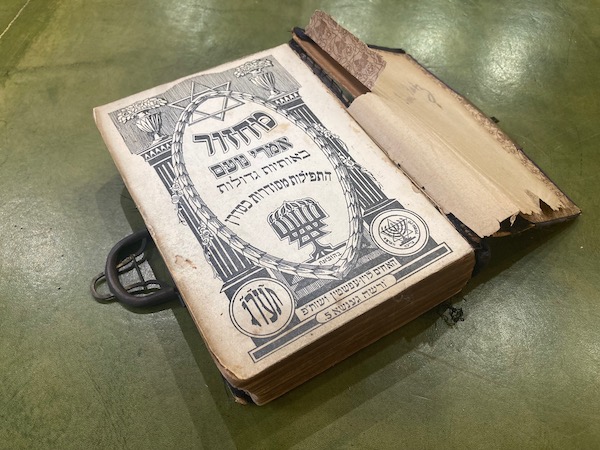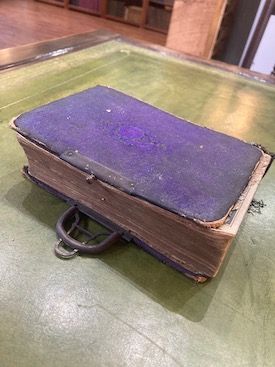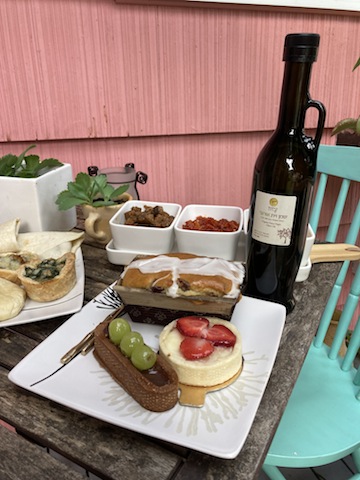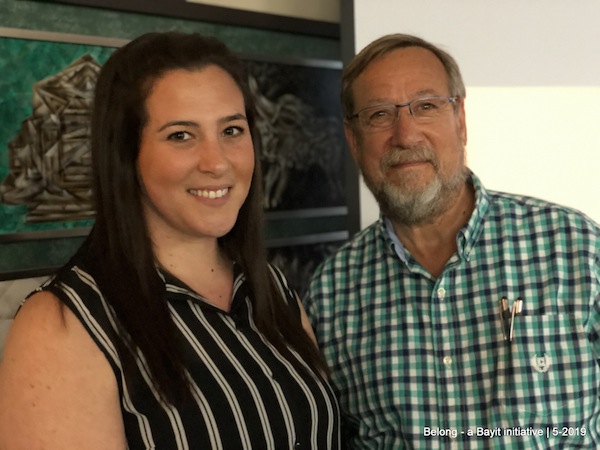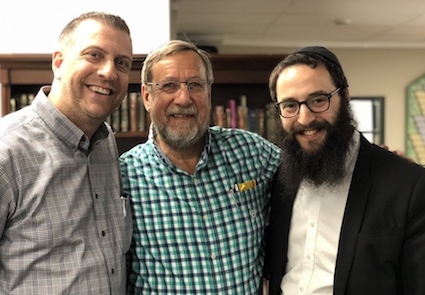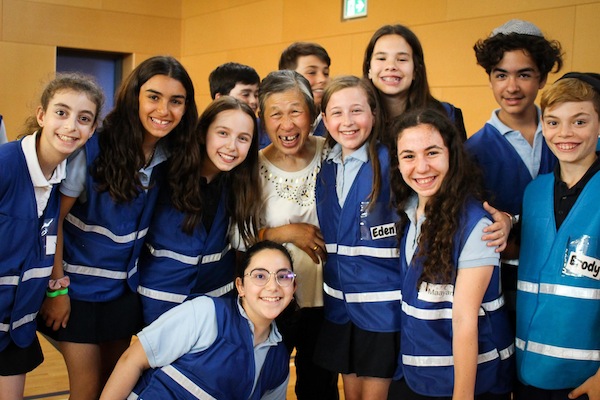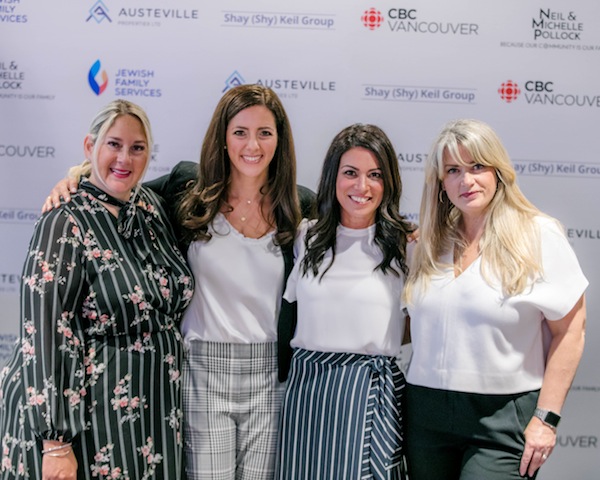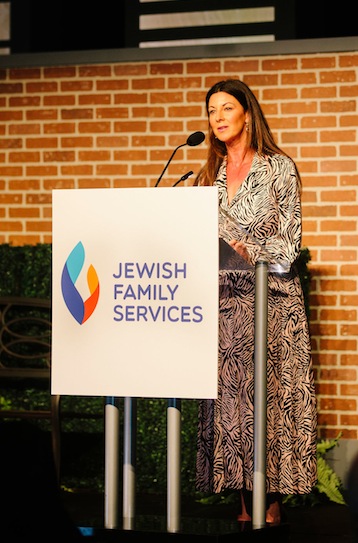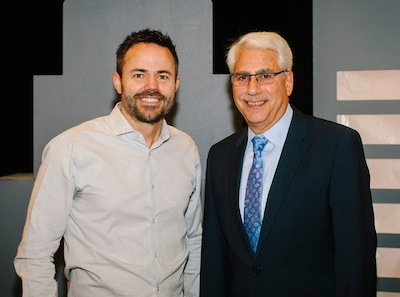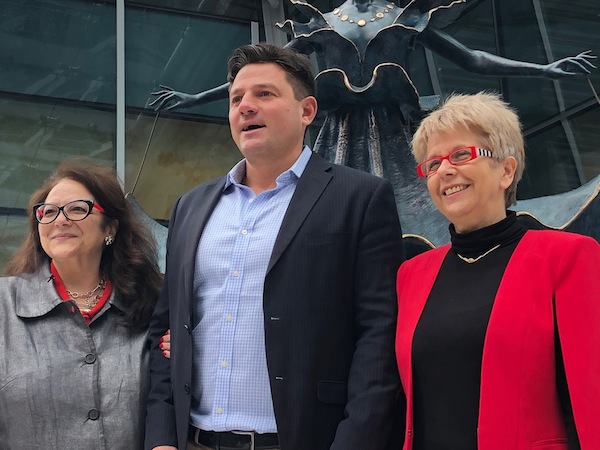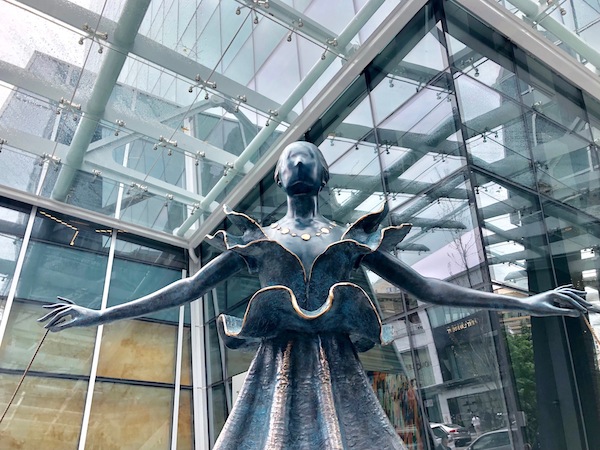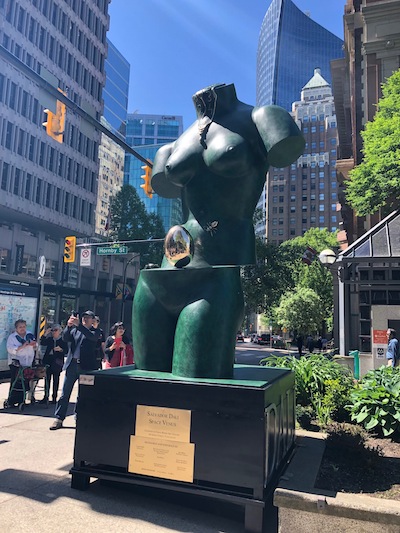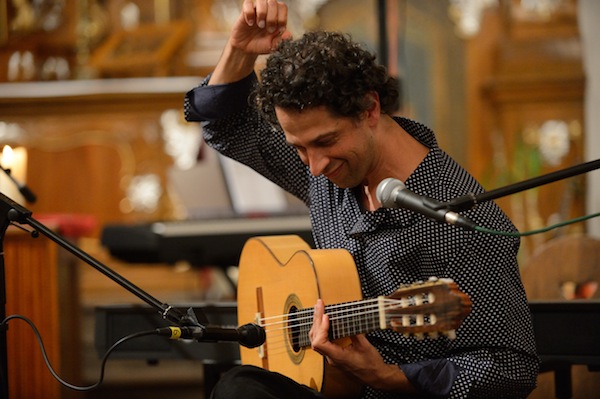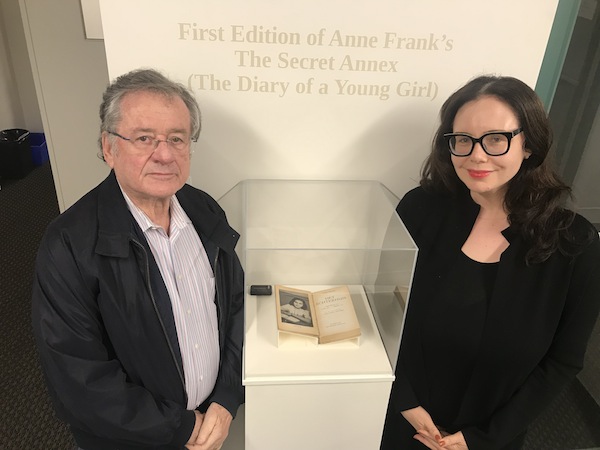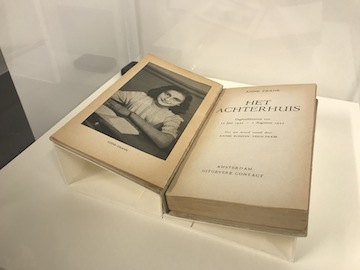Writer Deborah Wilde is more public now about the Jewish elements in her novels, which have always had a Jewish sensibility. (photo from Deborah Wilde)
East Vancouver author Deborah Wilde has been a writer since childhood, when she filled countless notebooks with her stories. Born and raised in Greater Vancouver, she also spent some years in Kitimat; hers was the only Jewish family in town. She read Isaac Bashevis Singer and watched Neil Simon movies. It was an upbringing she describes as being “rich in tradition.”
Wilde started her writing career in TV and film. “I loved it. I got to be in writers’ rooms, it was a real privilege,” she said. However, she added, screenwriters are “part of a machine: you’re hired to work on other people’s stories. I wanted to tell my stories.” These stories, as it turns out, are ones with strong Jewish representation and tough, sassy female protagonists.
With the movie industry being in what she describes as “a terrible state,” Wilde took the leap into young adult fiction. In writing the Nava Katz series, she was pleased to find that many of her screenwriting skills were transferable to this new genre. “Dialogue is my happy place,” she laughed. “I had a great time doing it.”
She knew that she had to have Jewish protagonists. “I was an avid reader as a kid but I only saw myself in Holocaust stories,” she explained. “Where was the Jewish girl falling down the rabbit hole or going through the cupboard into Narnia?”
In Wilde’s books, we meet a Jewish mom from Mumbai, and the love interest in her current series is a Mizrahi Jew. Diversity even within the Jewish community is vital, she said. “I want smart Jewish women who have adventures, who are the object of desire.”
Having embarked on her career in fiction, Wilde has reached her initial goal of publishing five books in three years. It took a lot of stamina and she learned that being an independent (or “indie”) young adult author was “not sustainable.” Setting her sights on an adult audience, she took inspiration from her “love of old Hollywood – it was the banter. And I’d always read romances,” she said, “so I wanted to include that as well.”
Wilde settled on first-person, urban fantasy. A relatively new but extremely popular genre, urban fantasy tales are set in the world we live in but with magical and supernatural elements. Ordinary or “mundane” activities are constantly disrupted by these troublemaking nasties, sometimes with deadly consequences.
And that is where we meet Jewish heroine Ashira Cohen, private investigator. Walking down a Vancouver street, Cohen comes across a “grimy convenience store selling long-distance phone cards and bongs.” A Vancouver scene we probably recognize, but she might also run into a bodyguard who’s been possessed by a demon or a delinquent teen with a talent for vanishing into thin air. Cohen is fast-talking, feisty and funny, but she’s also “someone you’d want to run into at Café 41,” said Wilde.
Meanwhile, Cohen’s finances are in a state, her love life is stagnant and she’s extraordinarily (and creatively) accident prone. The character is unsentimental, caustic and cynically bored. An interview with a young adult client gave her, she says, “all the details about their nauseatingly cute courtship and very little useful information.”
Wilde’s novels bring a big helping of zany chaos, a nod to the screwball comedies of the 1940s, staple viewing in the author’s childhood home. But, while the books conform to established genres – such as the “chosen one” trope, the terribly attractive and just as infuriating nemesis – they’re also full of little winks at the reader: neurotic elders, Jewish idioms, references to Jewish traditions.
Wilde’s talent lies in her ability to layer elements of regular life – like an eye-rolling teen whose statements sound like questions, or the intrusive badgering of Ash’s mother at a moment when tensions are already running high – over the frenzied dangers of the world inhabited by Cohen. The result is fiction that is absurd, surreal and peppered with rapid-fire dialogue reminiscent of the classic film His Girl Friday.
There is also a serious undercurrent. The author seasons her prose with references to history. For example, one of the magical characters, Meryem, is a Turkish magic refugee who has fled the “purges.”
Jewish representation is very important to Wilde. “There is so little fiction and television with strong, tough Jewish characters,” she said. The Jezebel narrative isn’t a Jewish story but, explained Wilde, “it has a Jewish sensibility – because that’s my own. It’s authentic to my experience.”
There has always been a Jewish flavour to Wilde’s writing, but it was more subtle; it could be found in the humour. “Readers would find the Jewish stuff eventually,” she said. “But now I’m talking about it in my ads, or even in certain interviews. I’m more public about it now.”
This is one of the aspects that makes Wilde’s work original. While Greek, Celtic, Roman and Norse tales have been all the rage for years, Jezebel’s Jewish folklore and mythology make it stand out. “I won’t write it if I don’t have something original to say,” said Wilde. And that’s where we find a magical organization called Nefesh, or, in Hebrew, “soul” or “life.”
Wilde is both a prolific writer and a businessperson. Talking about the switch to indie authorship, she describes it as “exhausting and a huge learning curve.” She is now both an author and her own publishing house. She has learned about search engine optimization, how to print and distribute books, the advantages of the different platforms and the wizardry required to publish ebooks online. But, despite all the technology that runs behind the scenes, Wilde finds that “word of mouth is still the best form of advertising – many people comment on my ads with things like, I just bought this book because of all the comments, so it had better be as funny as you all said!”
But she’s not alone in her work: her team now includes her husband (who designed the back end of her online store), an editor, cover designers and a slew of peers on whom she has depended for critical (but kind) feedback, moral support, professional insight and companionship.
Wilde sells her books directly to readers. She explained that, when you buy from Amazon, “you’re actually leasing the book.” Instead, she said, “When you buy digitally from an author, you actually own the book – it’s yours, not just a link you have access to while you have that device.”
Past and present intersect with Wilde’s writing. Most of her grandfather’s family was killed in the Warsaw Ghetto. Of those who survived, she said, “They ended up in a displaced persons’ camp in Germany. My mom was born prematurely in that camp, delivered by a former Nazi doctor.” So, stories about how Jews once lived in Russia, which invaded Poland in 1939 and fully occupied it at the end of the Second World War, “that was my childhood.”
Having been raised by her grandparents, Wilde said, “I know there is absolutely an aspect of me working through this generational trauma, baggage, but, at the same time, there’s also me working through the patriarchal aspect of Judaism.”
Shula Klinger is an author and journalist living in North Vancouver.

